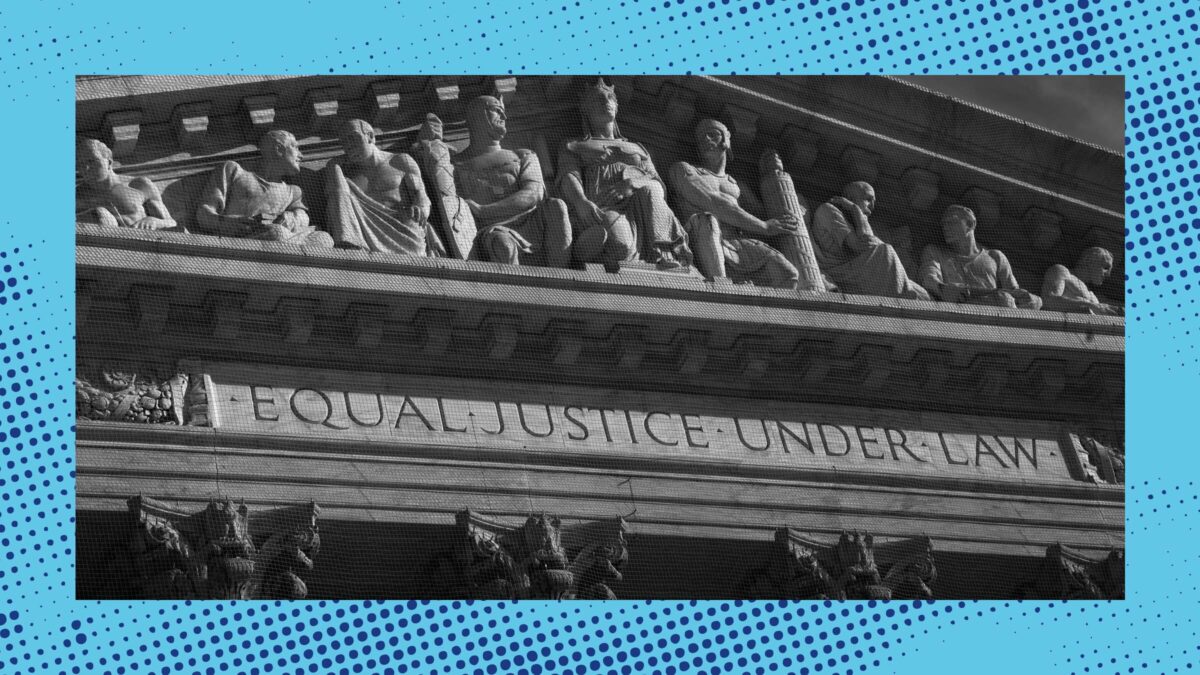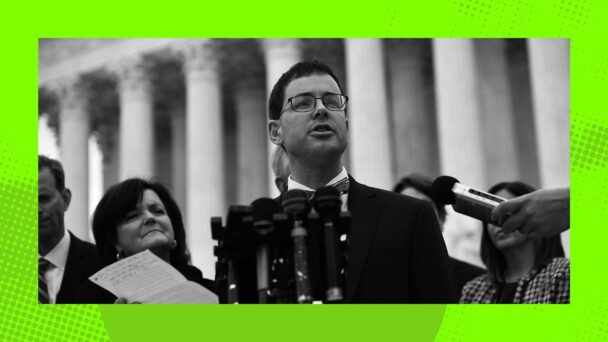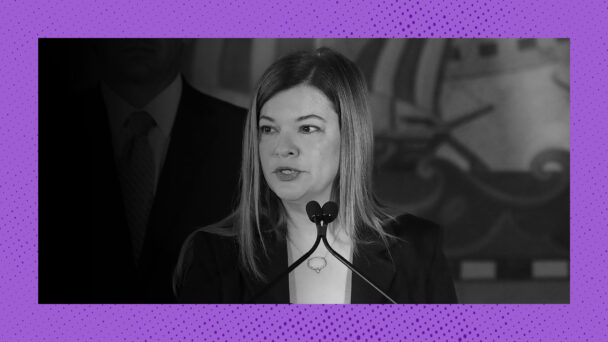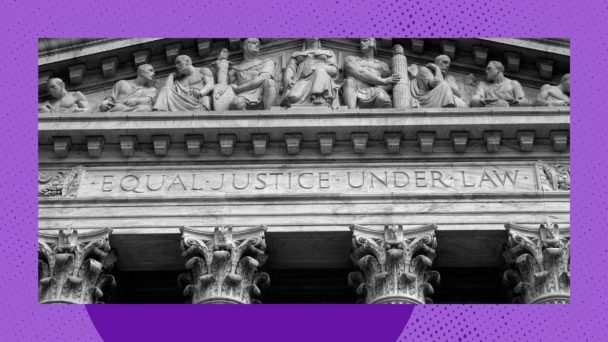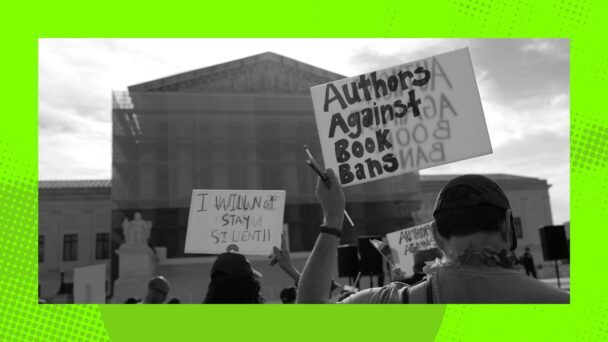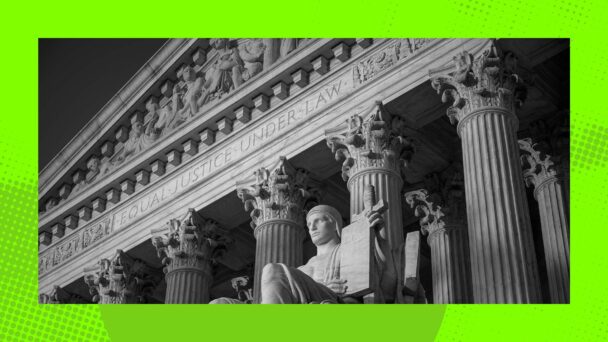Across 27 states, licensed mental health practitioners are legally restricted or prohibited from subjecting minors to “conversion therapy,” which refers to pseudoscientific efforts to change a person’s sexual orientation or gender identity. Despite the name, the practice is anything but therapeutic: It does not address any underlying mental illness or disorder, but instead targets sexual behavior and gender expression that does not conform to stereotypes about what men and women “should” be like.
The term “conversion therapy” has historically covered a wide array of practices, which have ranged from exorcisms and electroshock treatments to recommendations that people simply pray. In all of its forms, though, conversion therapy is stigmatizing and traumatic: According to the American Psychological Association, queer youths and adults who have undergone conversion therapy are “significantly more likely to experience depression and suicidality” than those who have not.
Politicians across the spectrum broadly support legislation to protect LGBTQ youth from these harms—or at least they did, before the recent surge of GOP-manufactured attacks on the LGBTQ community. Since 2012, Republican state lawmakers have sponsored, voted in favor of, or signed legislation banning conversion therapy over 1,000 times, and each statewide conversion therapy ban passed with Republican support. These bans are common, popular, and keep kids safe from a practice that leading healthcare provider associations overwhelmingly oppose as harmful, unethical, and unsupported by science.
But the future of those laws—and the future of the children whom those laws protect—is now at risk. On October 7, the Supreme Court will hear oral argument in Chiles v. Salazar, a case about whether conversion therapy bans violate the First Amendment. Chiles is the first of multiple cases the Court will hear this term brought by the Alliance Defending Freedom, a Christian nationalist litigation shop that the Southern Poverty Law Center classifies as an anti-LGBTQ hate group. ADF argues that conversion therapy bans censor conversations between counselors and clients based on viewpoint, and thus infringe on therapists’ freedom of speech.
The petitioner in this case is Kaley Chiles, a state-licensed counselor in Colorado Springs and, according to her court filings, “a practicing Christian who views her career as an outgrowth of her faith.” Chiles claims that some of her clients pursue counseling in order to “reduce or eliminate unwanted sexual attractions, change sexual behaviors, or grow in the experience of harmony with one’s physical body,” and that they “specifically seek her help because of their shared faith-based convictions and biblical worldview.”
In 2019, though, Colorado amended the state’s law regulating mental health professionals by prohibiting them from providing conversion therapy to clients under the age of 18. In September 2022, Chiles filed a federal lawsuit arguing that she “has First Amendment rights as a licensed counselor to engage in and provide counseling consistent with her and her clients’ sincerely held religious beliefs.” This is sort of like saying medical doctors have a First Amendment right to recommend patients smoke a pack of cigarettes a day.
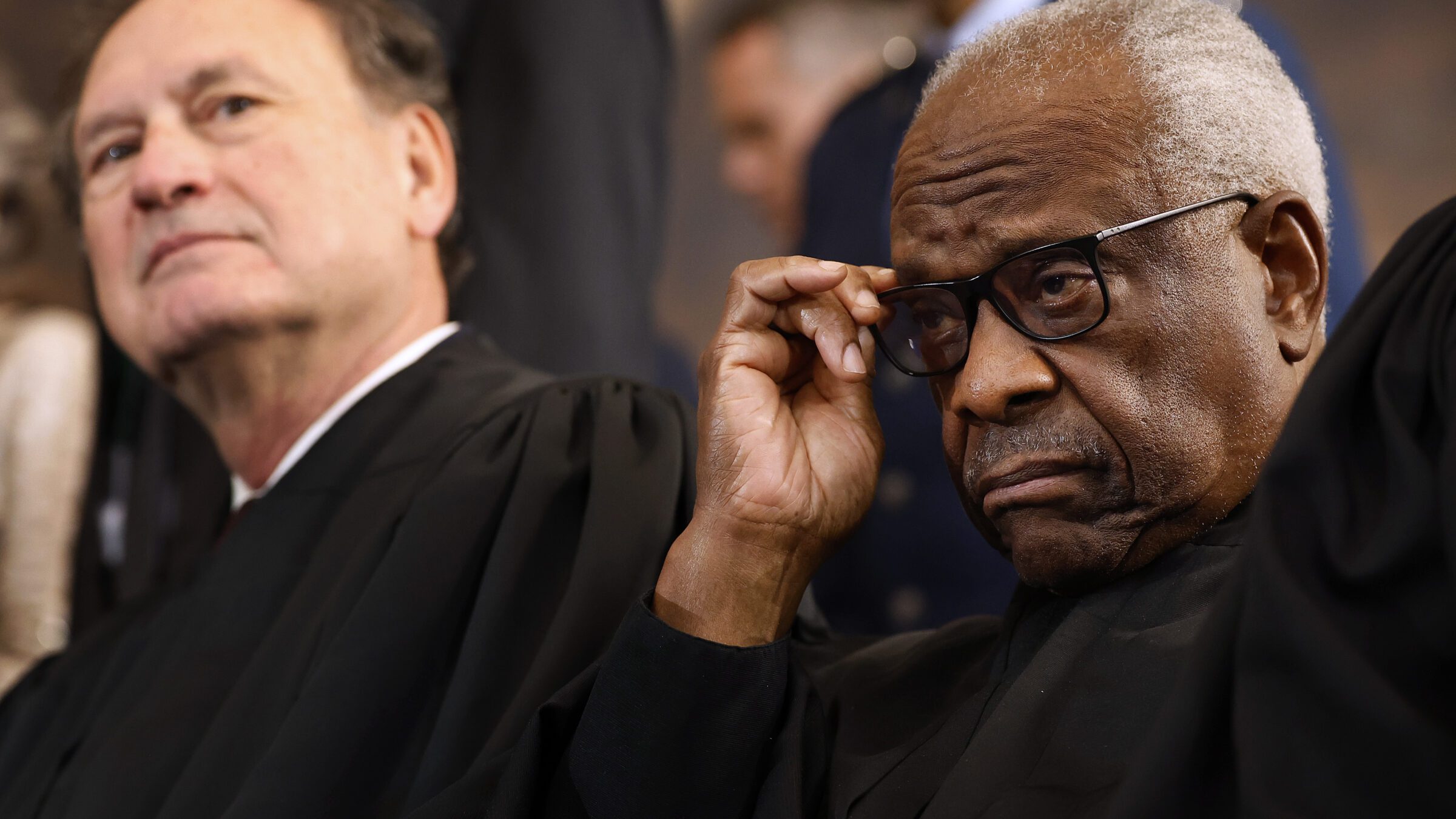
(Photo by Chip Somodevilla/Getty Images)
Complying with Colorado’s law is not nearly as onerous as Chiles and her lawyers at ADF suggest. People “engaged in the practice of religious ministry” are exempt, which means that if faith-based conversion therapy is really what Chiles’s clients want, they can still get it—just from a minister, not a medical professional. The law similarly does not prevent Chiles from referring a client to a local church, or to a therapist in a different state. Basically, nothing about Colorado’s law prevents Chiles from being a proponent of conversion therapy. It just prevents her, in her professional capacity, from providing it.
The legal question in Chiles is whether conversion therapy bans target pure speech, which would make the bans constitutionally suspect, or professional conduct, which is less of a constitutional concern. Lower courts have found it easy to answer: The ban “is a public health law that regulates professional conduct,” wrote Colorado federal district court judge Charlotte Sweeney in December 2022. “Any speech affected by the Minor Therapy Conversion Law is incidental to the professional conduct it regulates.”
In September 2024, the Tenth Circuit Court of Appeals affirmed. Writing for the majority of a three-judge panel, Judge Veronica Rossman had “no trouble concluding” that the ban was “rationally related to Colorado’s interest in protecting minor patients seeking mental health care from obtaining ineffective and harmful therapeutic modalities.”
In its bid to get the Court to conclude otherwise, ADF leans heavily on two recent precedents. First, there’s National Institute of Family & Life Advocates v. Becerra, a 2018 decision in which the Court found that a California law regulating “crisis pregnancy centers” violated the First Amendment. Crisis pregnancy centers masquerade as reproductive healthcare providers, but actually just try to stop people from getting abortions. So, California enacted a law requiring centers to disclose whether they were licensed to provide medical services, and to provide notice that California has public programs providing abortion care and other reproductive healthcare. But in NIFLA, Justice Clarence Thomas, writing for the majority, emphasized that “speech is not unprotected merely because it is uttered by professionals,” and that states do not have “unfettered power to reduce a group’s First Amendment rights by simply imposing a licensing requirement.”
Second, there’s 303 Creative v. Elenis, a 2023 decision in which the Court found that Colorado’s antidiscrimination law violated the First Amendment because it might require a website designer to make a wedding website for a gay couple, if asked. Justice Neil Gorsuch wrote for the majority that “the First Amendment extends to all persons engaged in expressive conduct, including those who seek profit.”
These cases all work in the same way. Right-wing litigants and judges are treating the First Amendment as a right to violate other, more vulnerable people’s rights. In both 303 Creative and NIFLA, the Republican justices afforded constitutional protections to on-the-job discrimination in the name of freedom of speech. Chiles v. Salazar gives them the opportunity to do so again.
